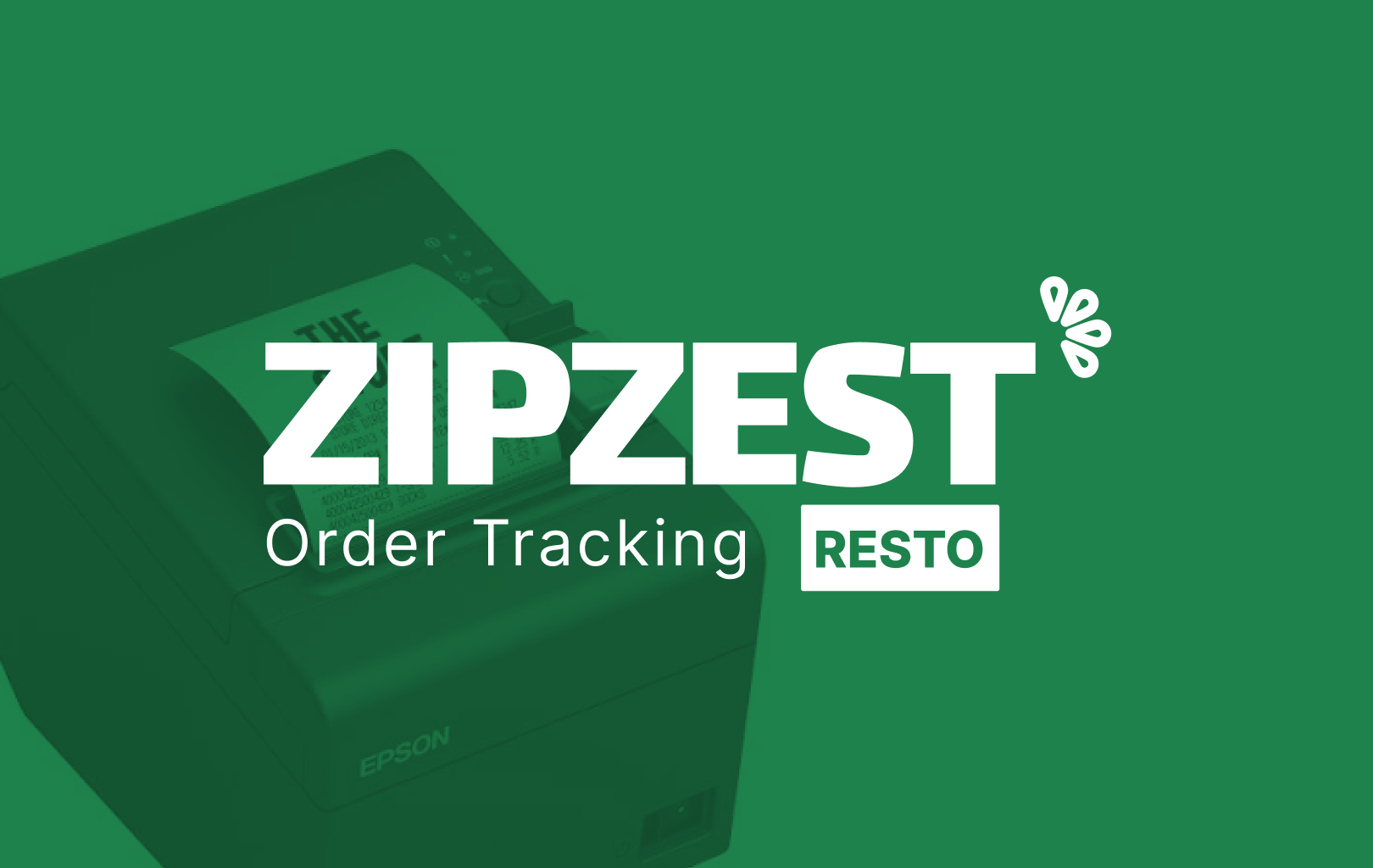In a country renowned for its natural beauty and commitment to the environment, Swiss restaurants are taking the lead in sustainable food delivery. With the rise of online ordering and delivery services, the restaurant industry faces new ecological challenges. Fortunately, many innovative solutions allow for reducing environmental impact while improving profitability and brand image.
Eco-friendly Packaging: A Priority and a Marketing Opportunity
One of the main challenges in food delivery is the excessive use of packaging. According to the Federal Office for the Environment, Switzerland produces about 95 kg of plastic waste per capita annually. To counter this trend, opt for sustainable solutions that can also become an excellent marketing tool.
For example, consider investing in reusable containers made from eco-friendly materials such as bamboo or glass. Encourage your customers to return them by offering a discount on their next order. This approach can significantly reduce your waste and strengthen customer loyalty.
Also consider implementing a deposit system for your packaging. Customers would pay a small additional fee, refunded when the containers are returned. This initiative can reduce your packaging costs in the long term and create a stronger bond with your local community.
Bicycle Delivery: Ecology and Efficiency
In Swiss urban areas, bicycle delivery is gaining ground. Not only does this method reduce CO2 emissions, but it also proves faster and more economical in congested city centers.
Consider creating a fleet of electric bicycles for your deliveries, or joining an eco-friendly delivery service. This approach can significantly reduce your delivery costs while ensuring shorter delivery times. You might notice a significant improvement in customer satisfaction and an increase in repeat orders.
Local and Seasonal Sourcing: An Asset for Quality and Economy
Sustainability is not limited to delivery itself. Focus on local and seasonal sourcing to reduce your carbon footprint while improving the quality of your dishes.
Why not develop partnerships with local producers to create weekly themed "boxes"? These boxes, showcasing seasonal products, can become a flagship product of your delivery service. Not only can this approach reduce your sourcing costs, but it also creates a unique product that stands out from the competition.
Reducing Food Waste: Good for the Planet and the Wallet
Food waste is another major challenge. To address this, adopt innovative strategies that go beyond using resale applications.
Consider implementing an AI-based demand forecasting system. By analyzing historical order data, weather conditions, and other factors, you can better predict demand and adjust your production accordingly. This approach can significantly reduce food waste and increase your profit margin.
Another idea would be to create an "anti-waste" menu that changes daily, using ingredients that need to be consumed quickly. Offered at an attractive price, this menu could become an additional source of revenue while reducing your losses.
A Movement That's Growing and Becoming More Professional
These initiatives are just a few examples among many. More and more Swiss restaurants are becoming aware of their environmental responsibility and acting accordingly, while realizing that these practices can significantly improve their profitability.
Although challenges persist, the Swiss restaurant industry's commitment to sustainability is promising and increasingly strategic. By combining innovation, environmental awareness, and the focus on quality that characterizes Swiss gastronomy, you can pave the way for a greener and more profitable future for your delivery service.
For those still hesitating to take the plunge, it's important to understand that sustainability is no longer just a matter of ethics, but also of competitiveness. Swiss consumers are increasingly sensitive to companies' ecological practices and are willing to pay more for environmentally friendly services. Investing in sustainability today is ensuring the longevity and success of your business for tomorrow.
Photo: Photo by Erol Ahmed on Unsplash


